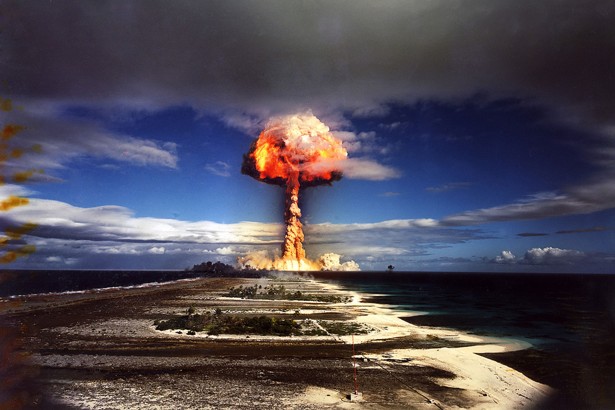August 4, 2016
 A bureaucrat who doesn’t wish to be named writes on why the time is right for the Modi government to initiate a two-fold reform in bureaucracy. One, administrative positions should be made open to retired military officers and two, experts should be brought in via lateral entry
A bureaucrat who doesn’t wish to be named writes on why the time is right for the Modi government to initiate a two-fold reform in bureaucracy. One, administrative positions should be made open to retired military officers and two, experts should be brought in via lateral entry
The stunning victory of National Democratic Alliance (NDA) in 2014 rested on its promise of reforming India, and Prime Minister Narendra Modi has repeatedly committed himself to this objective.
There has been discussion ad nauseam on administrative, police, judicial and economic reforms ever since India got independence. Is the NDA government also going through the same path? If yes, then the results are known.
The United Progressive Alliance (UPA) couldn’t deliver, possibly due to the avarice of its political leadership – which culminated in massive scams.
NDA-II has surely performed extremely well on transparency and honesty. However, there is a sense of exasperation expressed privately by leaders, of being let down by the bureaucracy and feeling hurt by hidden ‘landmines’.
We have a raksha mantri working overtime to see that the value gets delivered to the soldier in time, and we have a pradhan sewak, who is yet to take an hour off since he assumed office after the most grueling campaign we have seen in decades.
Thrust of reforms









 US shale oil output has risen exponentially, and the latest dip is just a temporary setback CREDIT: EIA
US shale oil output has risen exponentially, and the latest dip is just a temporary setback CREDIT: EIA
